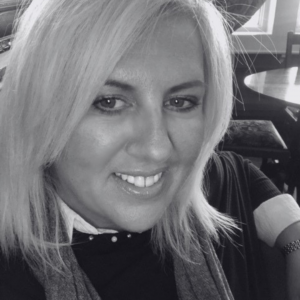Helping Patients, Parents and Families with a Stepped Care Approach to Treating and Supporting Those with Eating Disorders.
We work closely either as a direct commissioned service accepting self and professionals referrals into our mild-to-moderate services or as a pathway provider with Adults (A-CEDS) and CAMHS (CYP-CEDS) NHS community eating disorders service teams. Our coordinated approach is proven to help people suffering with mild to moderate eating disorders to get better and stay better through one-to-one support, focusing on reducing social isolation to regain life skills enabling them to thrive in their hobbies and passions.
We ensure that our stepped -care approach is efficient and effective for both step-up and step-down, aligned with our person-centred approach;
Where an individual comes to us for support where we may not have an established NHS pathway in place, with consent we will always work with the individuals General Practitioner (GP) requesting medical monitoring is put in place locally to ensure that we can continue to provide safe care whilst they access our services which is often through our video clinic and video group consultation services. This good practice approach ensures that our staff adhered to our safe practice procedures and assures the service users GP understands their patient is receiving appropriate care.
Meet the team.
Our team understands what it takes to reach out for support and are here for you every step of the way. We have a dynamic team, all with experience in delivering support in an environment which best suits the individual and their recovery plan. Our eating disorder-informed support officers understand that there is no one-size-fits-all approach to sustainable recovery, which is why we take a person-centred approach to all of what we do, providing a service and support unique to you.

Sharon McCabe
What is Integrated Community Services (ICS)?
ICS is a unique service that provides a specialist support officer (SSO), suited to the service users (SU’s) needs, that provide weekly assistance around eating disorders covering a variety of support. The main use of ICS is to have a SSO join at mealtimes to help during the difficult moments, this can be breakfast, lunch, dinners, or snacks. The sessions can be face to face, virtual or a blended approach depending on the service users requests and availability of SSOs. These can range from one to five sessions a week with an average of two that can take place in a range of places from schools, homes, and cafes.
With the consistent and frequent sessions, the service user builds a relationship with the SSO that creates a safe and trusting space to open up around their eating disorder and other experiences, creating opportunities for development with the help of constant support. The aim of ICS is to gradually get service users to improve their eating habits and be comfortable to function without the need of support. Due to the individualist nature of eating disorders ICS can provide different benefits for people for example:
Important: Please note that First Steps ED services are for people with mild to moderate eating disorder and comorbid mental health issues. We do not provide a crisis or emergency service. Following support from a crisis team, we require 12 weeks from your discharge date before making a referral into our services unless a professional referral is made by Integrated Community Services (ICS). If you need help for a mental health crisis or emergency, please visit the NHS website, contact your GP or for immediate assistance call 999.

